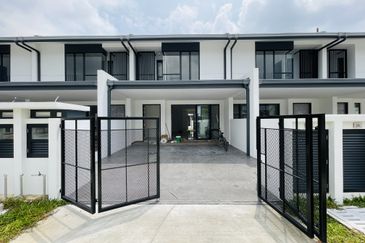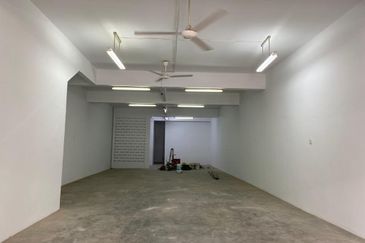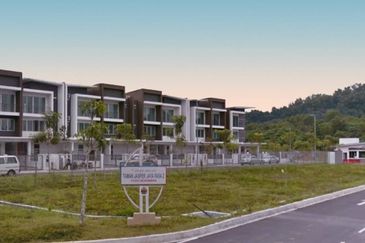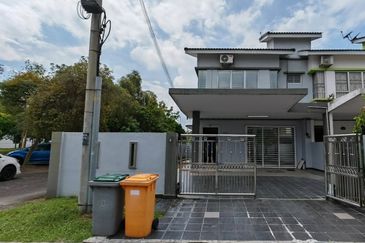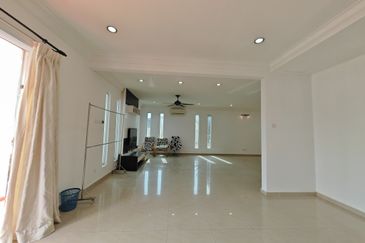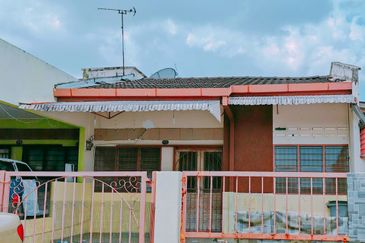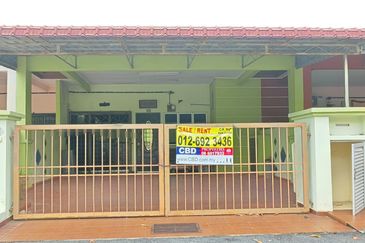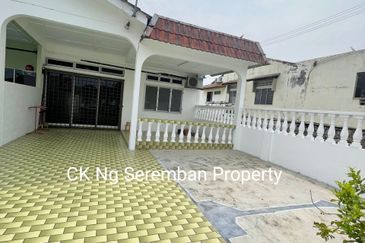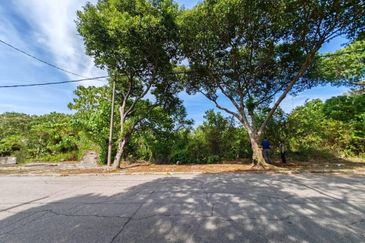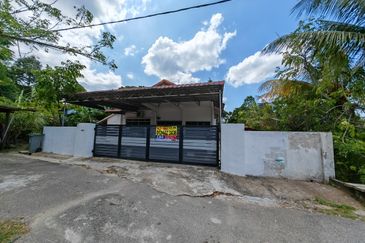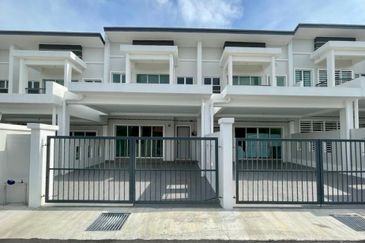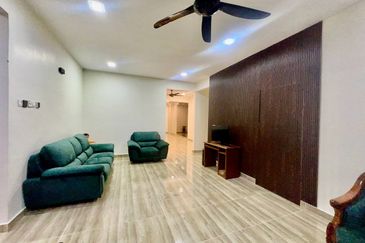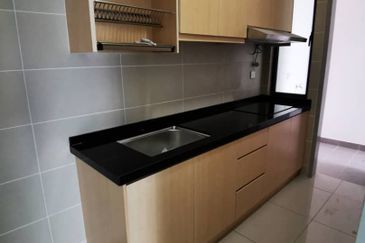 UNITED Malayan Land Bhd (UMLand) is undergoing a corporate exercise to streamline its activities to ensure greater growth. One of the changes was the appointment of Dennis Ng Yew Khim, 42, as its group managing director on March 1. He is the eldest son of executive deputy chairman Datuk Ng Eng Tee.
UNITED Malayan Land Bhd (UMLand) is undergoing a corporate exercise to streamline its activities to ensure greater growth. One of the changes was the appointment of Dennis Ng Yew Khim, 42, as its group managing director on March 1. He is the eldest son of executive deputy chairman Datuk Ng Eng Tee.
Singapore-born Yew Khim grew up in Vancouver, Canada, and studied Computer Science at the University of British Columbia. Having worked in Singapore and Canada, he has 15 years of experience in the property development and investment sector.
In Singapore, he was with the then Public Works of Singapore (now known as CPG Consultants) for five years. In 2004, he headed for Canada to helm King George Financial Corp, a public-listed property development and investment company. He spent nine years there before returning to Malaysia.
Yew Khim’s duties at UMLand include overseeing the company’s daily operations and restructuring exercise.
“UMLand has grown tremendously since its privatisation three years ago. Previously, we were operating on a flat structure. We had about 30 plus heads reporting to a small group of leaders. Now that we have reached this size, it is time for us to change, to restructure to a more sustainable, scalable hierarchy system,” Yew Khim explains.
“We have functional heads now. There is a group director of niche projects, group director of townships, group director of corporate services and so on, and they hold their own divisional meetings and report directly to the company’s main committee.”
Yew Khim has taken over the reins from former group CEO Datuk Chia Lui Meng, who is now a director. According to Yew Khim, the restructuring exercise was brought up last year. He believes it is simply “a product of evolution for the company” as it embarks on more projects.
“We felt that it was very difficult to manage using the flat hierarchy system. With the new pyramidal organisation system, it allows us to empower the next level of authority with regard to approvals and decision-making,” he says.
To ensure a smooth transition, the restructuring exercise is being carried out in phases: first, the top tier, followed by the lower segments.
“This is the largest restructuring exercise the company has ever done,” Yew Khim says, adding that he hopes to complete it by year end. The company has more than 600 employees.
“We are confident about our long-term prospects in Malaysia. We believe the company will be a great performer from next year onwards. In the medium term, there isn’t any negative aspect.
“UMLand has already expand to neighbouring countries and globally, we have other companies in place. Regional development is like a five-year plan.”
To recap, UMLand was privatised on Oct 3, 2012.
Hospitality
One new area that UMLand has ventured into is the provision of hospitality services for some of its high-rise developments.
“We are a traditional developer where we build residential properties, sell them and move on to the next project,” Yew Khim says. “However, we also want to provide our customers with the best living experience in the high-rise properties we developed.
“So, one of the ways to do that is to operate the common facilities. For example, at Suasana Bukit Ceylon — where UMLand’s head office is located — we have the pool café. We also offer services like cleaning and food delivery.”
The hospitality division started about 1½ years ago and is headed by its own CEO.
The rationale for the new division was based on the experience where the management committee of high-rises is not able to maintain the commercial areas.
“We found that for our previous projects, when we gave all the common areas to the management committee, there was so much space for a café, wine bar and such. Eventually, you end up with a poor tenant, or very poor service, or they just give up altogether,” says Yew Khim.
As a result, he says, some of the areas are retained and managed by UMLand to ensure “a minimum standard of service”.
Moving forward, he says the company plans to offer transient hospitality accommodation under its own brand — Suasana — in some of its townships. However, the five-star hotels will be managed by international operators. “For townships, it is usually easier to operate [hospitality accommodation] under your own brand,” he adds.
Strong performance
One of the reasons Yew Khim believes the market will turn around quicker than expected — some experts believe that it will only happen in 2018 — is because of the positive response to UMLand’s township launches. “So far, we have not seen a drop in demand. For some of the recent launches, there were overnight queues, something we have never experienced before,” he says.
“Of course, we were launching at good price points ... because we are a long-time developer and land-
owner, we can afford to do so.”
One of the “hot” projects he was referring to is Imperial Jade in Seri Alam, Johor. The launch in September last year saw an 80% take-up rate. The development comprises 440 houses with built-ups of between 1,665 and 2,213 sq ft. The selling prices were RM539,900 for 1-storey houses and RM672,000 for 2-storey ones.
Yew Khim says international brands are already vying to set up shop in UMLand’s townships. “For example, in the Seri Alam township, suddenly, there are two Starbucks cafés. I think Malaysia’s general market, from the international perspective, is starting to ramp up. They (international brands) look into the future, so if they think [the market] will recover in 12 months’ time, they will approach us now.”
One planned project that Yew Khim is excited about is the yet-to-be-named 13-acre mixed-use development in Precinct 7, located next to Putrajaya Sentral.
The project will offer serviced apartments, branded residences, boutique offices, shopoffices, a hotel, retail mall and office tower. Yew Khim reveals that it will have a gross floor area of 300 million sq ft.
The project will be connected to the Express Rail Link and mass rapid transit, and there is a high possibility that the proposed Kuala Lumpur-Singapore high-speed rail will pass by it. A bus terminus will be also be located there.
Meanwhile, UMLand does not have any launches lined up in the immediate future. It is still looking for suitable land, especially in the Klang Valley, Yew Khim says.
UMLand’s landbank that has been approved for development totals 5,872.3 acres, with an estimated gross development value of RM19.952 billion. Its undeveloped landbank stands at 1,755.7 acres with an estimated GDV of RM10.977 billion.
Among its major developments are Johor Halal Park and Seri Alam as well as niche projects such as Somerset Puteri Harbour, The Wave, Suasana Iskandar Malaysia, UM City and Viridea Lakeside, all in Iskandar Malaysia, Johor.
In the Klang Valley, its projects include township developments Seri Austin, Seri Putra and Mahkota Hills and niche project Star Residences.
As UMLand reinvents itself to prepare for further growth, it is also looking to create more value for its purchasers in the days ahead.
This article first appeared in City & Country, a pullout of The Edge Malaysia Weekly, on Aug 15, 2016. Subscribe here for your personal copy.
TOP PICKS BY EDGEPROP
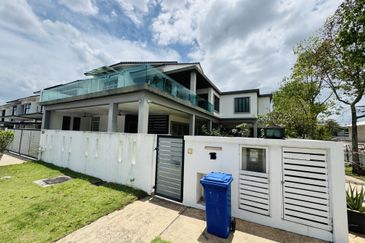
Aster Grove Residences Park
Shah Alam, Selangor
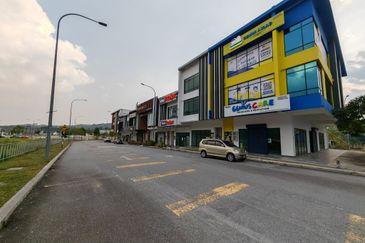
Anika @ Bandar Ainsdale
Seremban, Negeri Sembilan
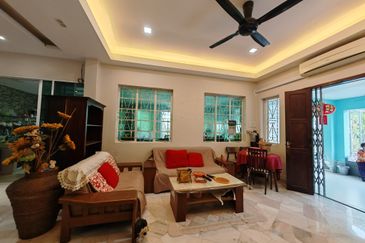
Taman Tasik Seremban
Seremban, Negeri Sembilan
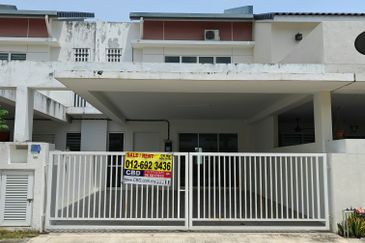
Hijayu 3, Bandar Sri Sendayan
Siliau, Negeri Sembilan
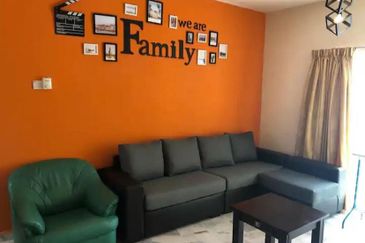
JALAN PANTAI PORT DICKSON
Port Dickson, Negeri Sembilan


